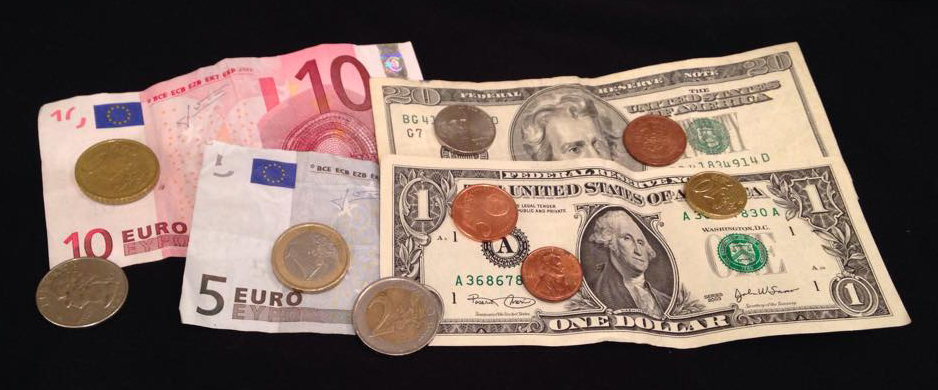Problems With The Volcker Rule: The Dollar Is 0.2 Percent Too High Against The Euro
Charles Calomiris argued in an NYT column this morning that Volcker rule needs to be fixed. The argument centers on the idea that it has raised the cost of trading and thereby discouraged arbitrage trades.

He cites the specific example of a breakdown in the relationship between currency spot and future prices and interest rate differentials. This means, in principle, that there are sure profit-making opportunities in the market that are going untaken.
While we are supposed to see this as a really bad thing, the question is why? The logic, of course, is that if an arbitrage possibility exists, then prices in the market are not exactly right. But what does it mean if the dollar is in some sense too high or too low by a tenth or two-tenths of a percent for a few hours or even a few days?
Do we think there will be mistaken trades of real goods and services (e.g. cars or wheat) because of the imperfections in the market? Even if there were, what's the big deal if someone happened to pay 0.2 percent too much for a car or the seller got a price that was 0.2 percent less than they had expected?
There has been a tendency among economists to glorify liquidity like it is some sort of holy grail. Certainly, it is valuable for people to know they can sell a stock or bond when they want to. But if they have to wait a few minutes to complete the sale and they may be off by a fraction of a percent in terms of the price they get (in either direction), is this a real concern?
Disclosure: None.



